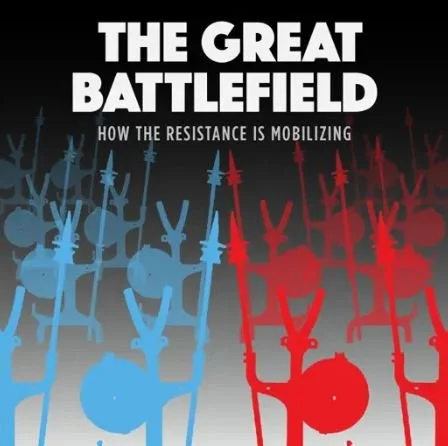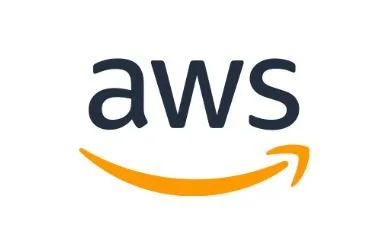Cyber crimes using business emails have cost more than $43 billion since 2016.
I suppose I am not shocking anyone by telling you that email has become a prime target for modern cyber criminals, who leverage it for everything from espionage, to data theft, to the spread of false information—even for sextortion.
The numbers are mind-blowing. Cyber criminals are estimated to send around 3.4 billion emails daily, cleverly disguised to appear as if they're from reliable sources. This amounts to more than one trillion phishing emails every year. It's a huge deal. Scams using business emails have cost over $43 billion since 2016, according to the FBI. But it's not just about losing money. These scams can ruin a company's good name, mess up how it works and even lead to important and secret ideas being stolen.

















